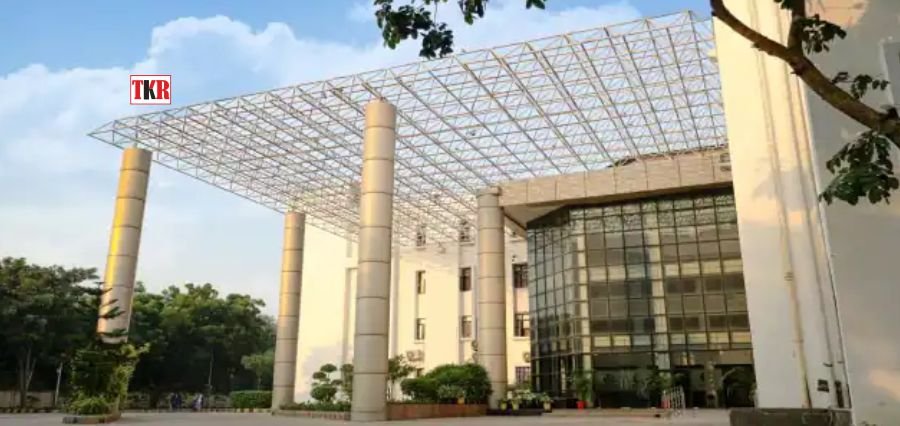Finding Pathways to Utopia
Agriculture is the backbone of many economies, especially in developing countries where it is the primary source of livelihood for millions of people. However, the sector faces numerous challenges, including climate change, soil degradation, and pests and diseases. These challenges have a significant impact on food security and rural development, particularly in developing countries where the majority of the population lives in rural areas. To address these challenges, there is a need to ensure effective agriculture education that can equip farmers with the necessary skills and knowledge to improve their productivity and resilience.
Role of Agriculture Education
Effective agriculture education can play a critical role in ensuring rural development and food security. Investing in rural youth is critical to increasing agricultural production, improving rural economies, and maintaining food security. Agriculture education can help young people acquire the skills and knowledge they need to become successful farmers and entrepreneurs. It can also help them understand the importance of sustainable agriculture practices, such as crop diversification, soil health improvement, water management and livestock management, which can help mitigate the impact of climate change on agriculture.
Agricultural Training and Education
Improving agricultural training and education at all levels is essential to ensure that farmers have access to the latest information and technologies. This can include training programs for farmers, extension workers and other stakeholders in the agriculture sector. It can also include the development of agricultural curricula in schools and universities to equip young people with the necessary skills and knowledge to become successful farmers and entrepreneurs.
Improved Infrastructure
In addition to education, there is a need to improve infrastructure, health and other services in rural areas. This can include the provision of basic amenities such as clean water, electricity and healthcare facilities. It can also include the development of rural roads and transportation networks to improve access to markets and other services.
Addressing Gender Gap
Effective agriculture education can also help address the gender gap in agriculture. Women play a critical role in agriculture, particularly in developing countries where they are responsible for up to 80% of food production. However, they often face significant barriers to accessing education and training programs. By ensuring that agriculture education is accessible to women, we can help empower them to become successful farmers and entrepreneurs and contribute to rural development and food security.
Role of Modern Technology in Agriculture
Modern technology has revolutionized agriculture, making it more efficient and productive. Advancements in machinery, seed, irrigation and fertilizers have vastly improved the cultivation of more land. Agriculture is now in the early stages of yet another transformation, with data and connection at the center. The use of digital tools, such as precision agriculture, drones and sensors, can help farmers make more informed decisions and improve their productivity. Smart farming through the applications of Agriculture 4.0 technologies can enhance farming practices and make them more predictable and sustainable.
Role of Youth
Investing in rural youth is critical to increasing agricultural production, improving rural economies, and maintaining food security. Youth in agriculture has the ability to raise more food, boost their incomes, and contribute to rural development with the correct assistance, including training and access to technology. Improving agricultural training and education at all levels is essential to ensure that young people have access to the latest information and technologies.
Improving Infrastructure and Services in Rural Areas
Improving infrastructure, health, and other services in rural areas is critical to ensuring rural development and food security. This can include the provision of basic amenities such as clean water, electricity and healthcare facilities. It can also include the development of rural roads and transportation networks to improve access to markets and other services.
Need for Policy Support
Policy support can help create an enabling environment for agriculture education and technology adoption. This can include policies that promote sustainable agriculture practices, provide financial incentives for farmers to adopt digital tools, and support research and development in agriculture technology. Governments can also invest in rural infrastructure and services to support rural development and food security.
In conclusion, ensuring effective agriculture education is critical to ensuring rural development and food security. Agriculture education can equip farmers with the necessary skills and knowledge to improve their productivity and resilience. It can also help mitigate the impact of climate change on agriculture and address the gender gap in agriculture. To achieve this, there is a need to invest in agricultural training and education at all levels, improve infrastructure and services in rural areas and ensure that agriculture education is accessible to all, including women. By doing so, we can find pathways to a utopia where rural communities thrive and food security is ensured.





